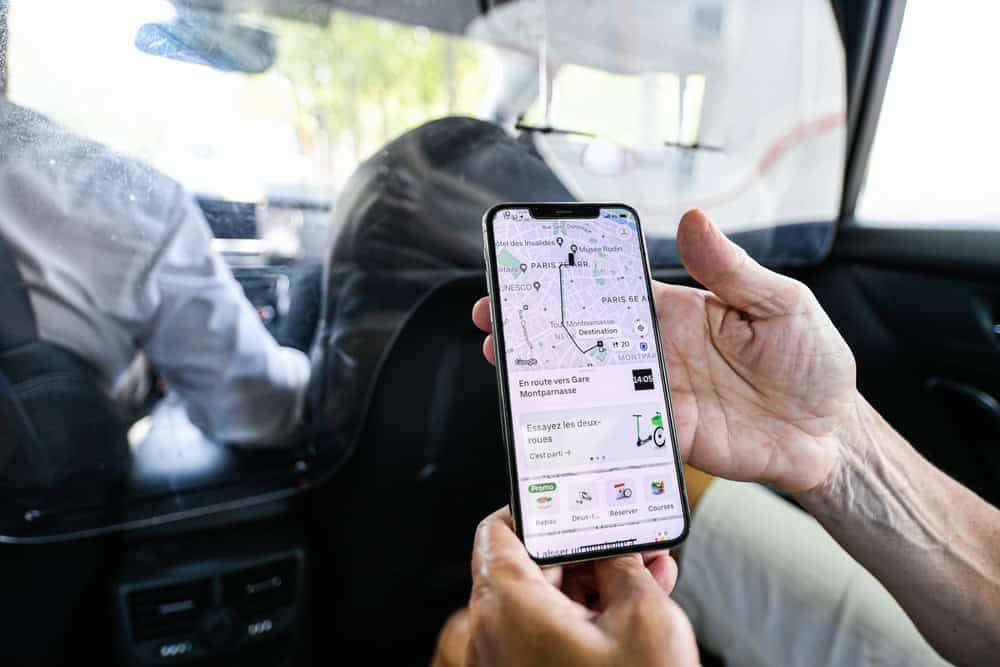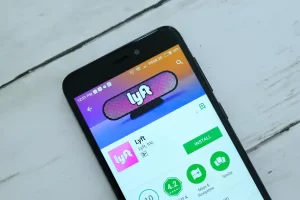The Federal Trade Commission (FTC) has filed a lawsuit against Uber Technologies, Inc., alleging the company misled consumers about its Uber One subscription service, enrolled users without consent, and created a maze-like process to cancel the service—despite marketing it as “cancel anytime,” said an FTC press release.
Filed in the U.S. District Court for the Northern District of California, the lawsuit claims Uber violated the FTC Act and the Restore Online Shoppers’ Confidence Act (ROSCA). The complaint outlines a series of deceptive practices, including charging users before free trials ended, promising unrealistic savings without disclosing subscription costs, and obscuring key details in difficult-to-read fine print.
Perhaps most striking is the cancellation process itself. According to the FTC, some users had to navigate up to 23 different screens and take 32 separate steps to cancel their membership. Others were prompted to contact customer service but weren’t provided with a contact method. In some cases, users were charged even after requesting to cancel and waiting for support responses that never came.
“Americans are tired of getting signed up for unwanted subscriptions that seem impossible to cancel,” said FTC Chairman Andrew N. Ferguson. “Today, we’re alleging that Uber not only deceived consumers about their subscriptions, but also made it unreasonably difficult for customers to cancel.”
While the lawsuit centers on consumer billing practices, advocates say the implications reach further. A plaintiff’s attorney in the Uber sexual assault MDL noted that this type of behavior is part of a larger pattern. “This lawsuit reinforces what many survivors have already alleged: Uber prioritizes protecting its profits and image over protecting people,” the attorney stated.
Uber is currently facing more than 1,900 sexual assault lawsuits centralized in a multidistrict litigation (MDL) in the Northern District of California. The rideshare giant is also facing over 1,500 pending sexual assault lawsuits filed in state courts. Plaintiffs argue the company failed to take meaningful action to prevent assaults by drivers, ignored safety concerns, and fostered a culture that downplays corporate responsibility. The FTC’s complaint, while focused on subscriptions, adds weight to ongoing concerns about how Uber handles consumer rights and transparency.
If you or someone you love has experienced sexual assault by an Uber driver, you are not alone—and you may have legal options. Learn more about your rights and how to take action by visiting our dedicated Uber Driver Sexual Assault Lawsuit Guide.




